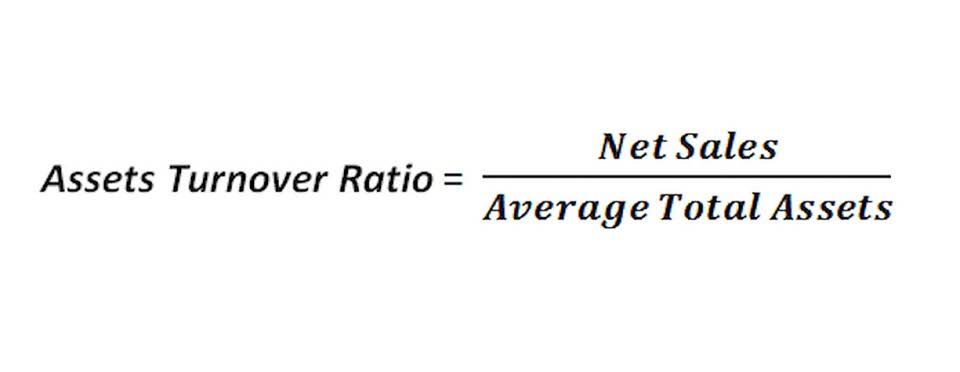Blog
What Is the Meaning of Outstanding Checks and Their Financial Impact?

Because of this, keeping correct financial records can be difficult, and it may lead to problems during audits or when reconciling finances. For example, payments may show as being paid but if the cash has not yet been debited from the account, there may be inconsistencies worth reconciling. Explore effective strategies for handling outstanding checks to ensure accurate financial reporting and maintain fiscal responsibility. For the past 52 years, Harold Averkamp (CPA, MBA) hasworked as an accounting supervisor, manager, consultant, university instructor, and innovator in teaching accounting online. For the past 52 years, Harold Averkamp (CPA, MBA) has worked as an accounting supervisor, manager, consultant, university instructor, and innovator in teaching accounting online.
- Deduct from the bank statement balance the proceeds of any check that you have issued and entered in your accounting record but have not been presented to paid by the bank.
- The credit portion of the entry will likely be to the account that was originally debited when the check was issued.
- By being proactive and diligent in tracking all spending, you will have a better idea of your overall financial health and can make more suitable plans for the future.
- An outstanding check also refers to a check that has been presented to the bank but is still in the bank’s check-clearing cycle.
- If you have an outstanding check, you should first follow up with the payee to ensure that they received it and have not lost or misplaced it.
5.3.4 Balance sheet presentation of restricted cash and restricted cash equivalents

For instance, the balance sheet may not reflect the true cash position if these checks are not outstanding check definition properly accounted for. This can cause discrepancies between the bank statement and the company’s books, requiring adjustments during the bank reconciliation process. Accurate reconciliation ensures financial statements comply with standards like Generally Accepted Accounting Principles (GAAP) or International Financial Reporting Standards (IFRS). To address the issue of outstanding checks, companies must first establish a protocol for follow-up.

5.1 Definition of cash
A check that was written moments, weeks, or even months ago is considered outstanding if it has not yet been cashed or deposited. With banking activity https://www.bookstime.com/ becoming increasingly electronic, another way to avoid writing a check and forgetting about it is to use the checking account’s online bill pay service. This should provide real-time information about the total dollar amount of checks outstanding and the total dollar balance present in the account.
5 Cash, cash equivalents, and restricted cash
Outstanding checks that remain so for a long period of time are known as stale checks. A delay in resolving payments can cause serious harm to a company’s financial position. The potential for fraud is high with outstanding checks, put more pressure outstanding check meaning on the accounting team to monitor all transactions vigilantly. Due to the risks posed by outstanding checks, one can take steps to prevent them from occurring. To avoid outstanding checks, it is important to properly manage your account and reconcile it regularly. This includes tracking each transaction that has been made, ensuring that all checks have been deposited or cashed, and balancing your account on a regular basis.
Risks Associated with Outstanding Checks
- Through the use of the check, the sender and the recipient of the payment are able to retain a record of the transaction, which includes the date, the amount, and the payee.
- It is crucial to maintain accurate and up-to-date financial records to ensure that outstanding checks are promptly identified and resolved.
- If an outstanding check of the previous month clears the bank, it means the bank paid the check and the check will appear as a deduction on the statement.
- Bank provides various services to its depositors such as printing checks, processing NSF checks and collecting notes receivables etc.
- Check usage surged in the 1950s as the check process became automated and machines were able to sort and clear checks.
It is crucial to understand the implications of having unpaid bills, delayed vendor payments or employee salaries. The most common risk is being charged penalties due to outstanding amounts past their due date. This leads to decreased cash reserves which affects capital expenditure budgets. Mary plays the float when she mails her rent check on Thursday even though she does not have a sufficient balance in her personal checking account.
Afterward your bank told you that Mr. X’s bank did not honor the check because there were not sufficient funds in his account. Your bank reduced your account by $1,000 and returned the dishonored check of $1,000 to you as NSF check. The balance shown by your accounting record will differ from your bank statement by $1,000.

Deduct from the bank statement balance the proceeds of any check that you have issued and entered in your accounting record but have not been presented to paid by the bank. Add to the bank statement balance all deposits that are shown by your accounting record but have not been entered in the bank statement. When a customer deposits a check in his account, the bank immediately credits his account with the amount of the check deposited. Sometime such checks are not honored because the person issuing the check does not have sufficient funds in his account.
Create a free account to unlock this Template
Tracking of payments can be accomplished through the use of checks, which provide both a paper trail and evidence of payment. Through the use of the check, the sender and the recipient of the payment are able to retain a record of the transaction, which includes the date, the amount, and the payee. In this context, an outstanding check need not be outstanding for long; it may simply be the short period of time between when a check is mailed QuickBooks and when it is received. An outstanding check is a check payment that is written by someone but has not been cashed or deposited by the payee. The payor is the entity who writes the check, while the payee is the person or institution to whom it is written. An outstanding check also refers to a check that has been presented to the bank but is still in the bank’s check-clearing cycle.
